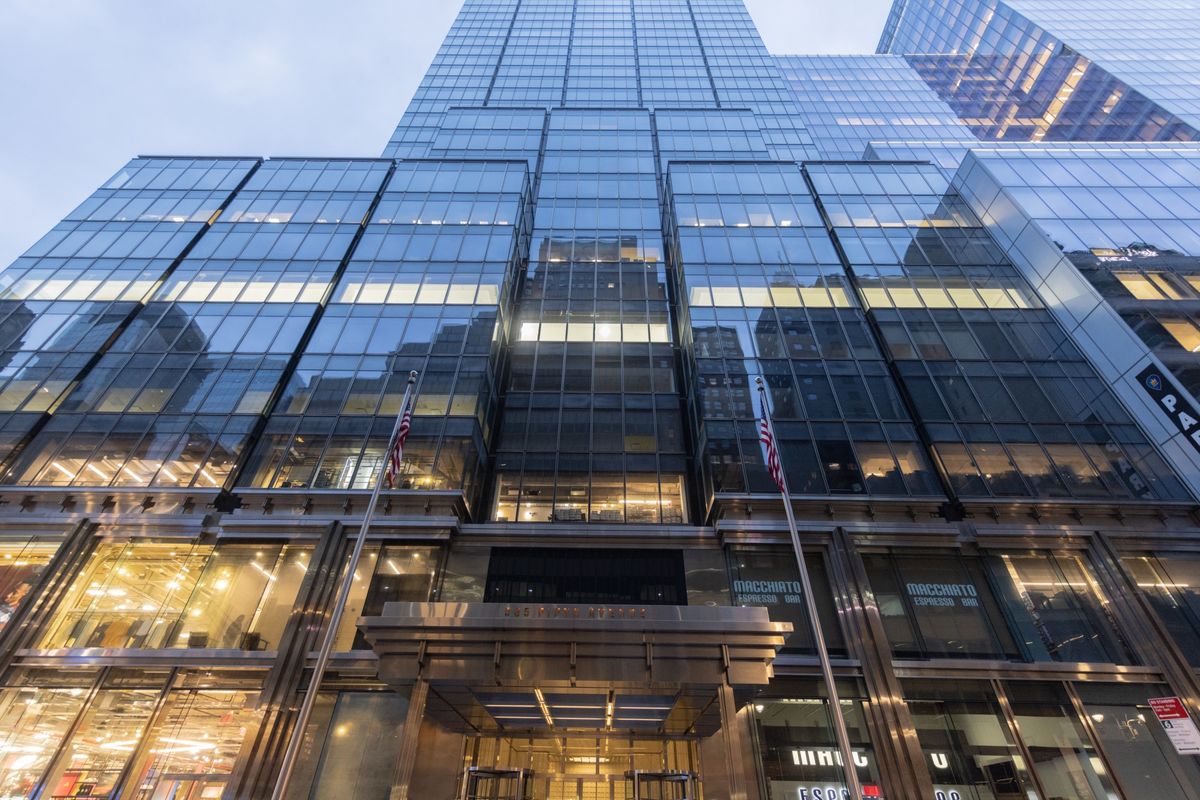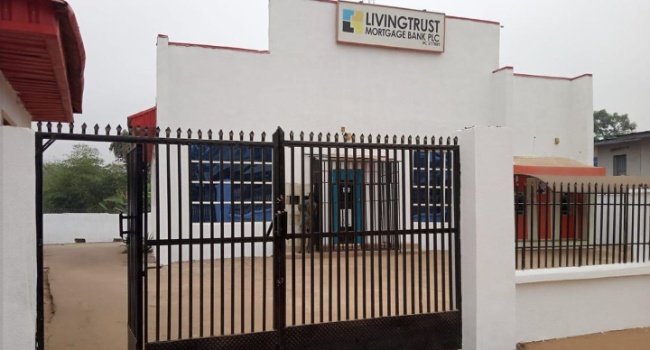The United States banking sector recorded its third largest failure in history on Sunday when state regulators closed New York-based Signature Bank two days after authorities shuttered Silicon Valley Bank in a collapse that trapped billions in deposits, according to a Reuters report.
Signature bank’s failure came barely two days after Silicon Valley Bank, the 16th largest bank in the U.S, was shut down on Friday. SVB had about $220 billion in asset base.
Join our WhatsApp ChannelSVB was just behind Washington Mutual which collapsed during the 2008 financial crisis.
Meanwhile, the UK banking regulator has successfully sold off the UK subsidiary of of Silicon Valley Bank to HSBC in a bid to protect creditors and other stakeholders and to avoid ripple effect of the crisis on other banks and the overall financial system.
The Federal Deposit Insurance Corporation (FDIC) has taken control of Signature Bank and immediately created a “bridge” successor bank on Sunday to enable customers have access to their funds today (Monday). This means that depositors and borrowers of Signature Bank will automatically become customers of the bridge bank, according to the FDIC.
Former Chief Executive of Fifth Third Bancorp (FITB.O), Greg Carmichael has been named the CEO of the bridge bank.
Investors were startled at the speed at which customer withdrawals toppled start-up focused SVB, whose last week’s failure saw erasure of $100 billion in market value from U.S banks, forcing government officials to act quickly over the weekend and restore confidence in the financial services sector.
READ ALSO: UPDATED: CBN’s Open Banking Allows Banks, Others To ‘Trade’ Customers’ Data
Based on the report of New York State’s Department of Financial Services at the end of 2022, Signature Bank had $110.36 billion in assets and $88.59 billion in deposits.
The U.S Treasury Department and other bank regulators in a joint statement assured that all depositors of Signature Bank and Silicon Valley Bank will be “made whole” while no losses would be borne by taxpayers.
Reuters reports that it sighted Signature Bank’s employees gathering at the company’s Manhattan headquarters for meetings on Sunday, ordering catering from an Italian restaurant and a coffee shop. The report said representatives of Signature bank could not immediately respond to queries from its reporter.
As commercial bank, the failed Signature Bank had private client offices in New York, Connecticut, California, Neveda and North Carolina. It also had nine national business lines plus commercial real estate and digital asset banking. Almost a quarter of its deposits came from cryptocurrency as of September last year. In December, the bank announced that it would shrink its deposits from crypto by as much as $8 billion. Two months after (in February 2023), it announced that its CEO, Joseph DePaolo, would be succeeded by the Chief Operating Officer (COO), Eric Howell, while DePaolo who had served as president and CEO since the inception of the bank in 2001, would transition into a senior adviser role sometime this year.
READ ALSO:Concerns For Nigerian Tech Companies As 2 Big U.S Banks Fail In One Week
Signature Bank is said to have had a long-standing relationship with former President Donald Trump and his family, financing several of family’s businesses through checking accounts. It, however, cut ties with Trump and urged him to resign after the January 6, 2021 riots on Capitol Hill.
“Many depositors at these banks are small businesses, including those driving the innovation economy, and their success is key to New York’s robust economy,” New York Governor Kathy Hochul was quoted as saying.
Governor Hochul said she hoped the U.S government’s actions would provide “increased confidence in the stability of our banking system,” just as she said that any losses to the FIDC’s Deposit Insurance Fund used to support uninsured depositors will be recovered through a special assessment on banks as required by law.
Companies that have disclosed exposure to Silicon Valley Bank:
Meanwhile, several U.S companies have disclosed exposure with SVB. They are:
- Circle: $3.3 billion
- Roku: 4487 million
- BlockFi: $227 million
- Roblox: $150 million
- Ginkgo Bio: $74 million
- IRythm: $55 million
- RocketLab: $38 million
- Sangamo Therapeutics: $34 million
- Lending Club: $21 million
- Payoner: $20 million
The fall of Signature Bank did not come entirely as a surprise. It started with Silicon Valley Bank and like wildfire, Signature Bank faced a run. Yet, Signature had had its red flags, with some underlying salient issues relating to its deposit funding from cryptocurrency market. ” It’s a big confidence issue for the U.S market at this time of rising interest rate, when it’s expensive to bridge liquidity gaps,” Lagos-based economic analyst, Abiola Rasaq told Prime Business Africa.
“This signals concerns about the ability of Nigerian tech companies to access venture capital funds from the U.S going forward and indeed reinforces concern about how fast a system liquidity can mutate into a run on a bank and ultimately its solvency.”


















Follow Us